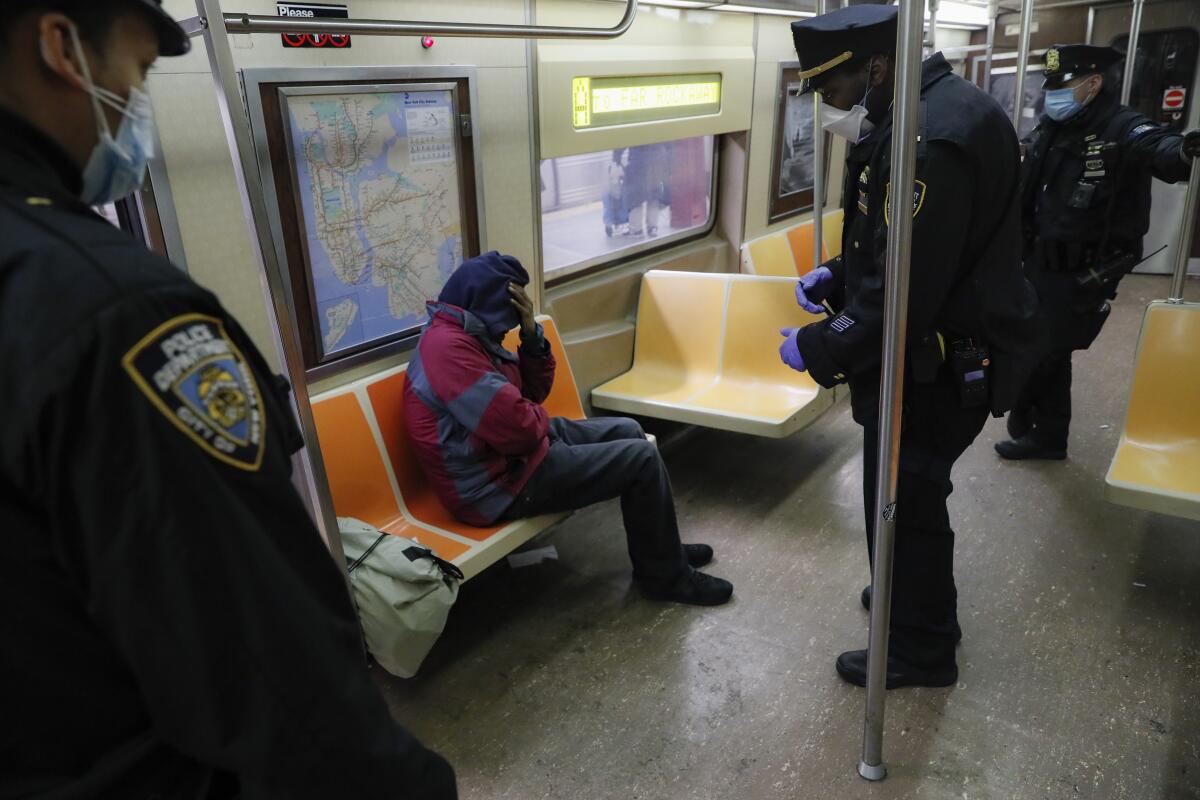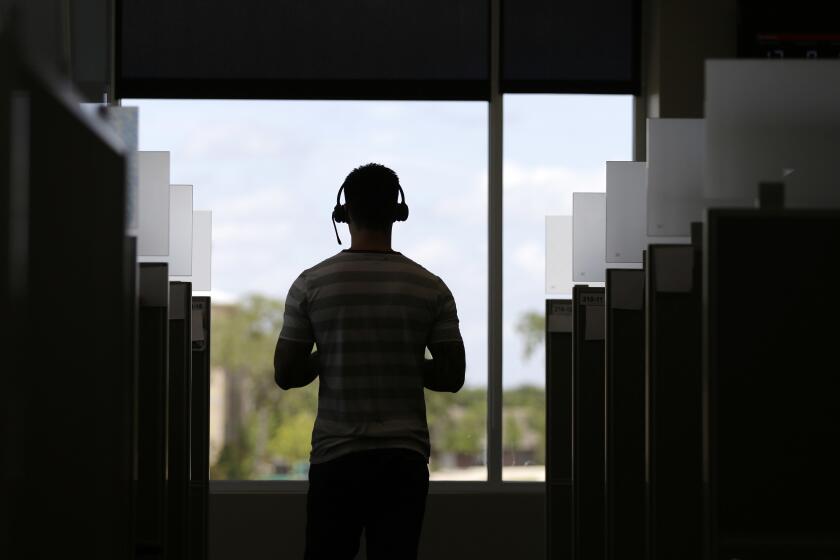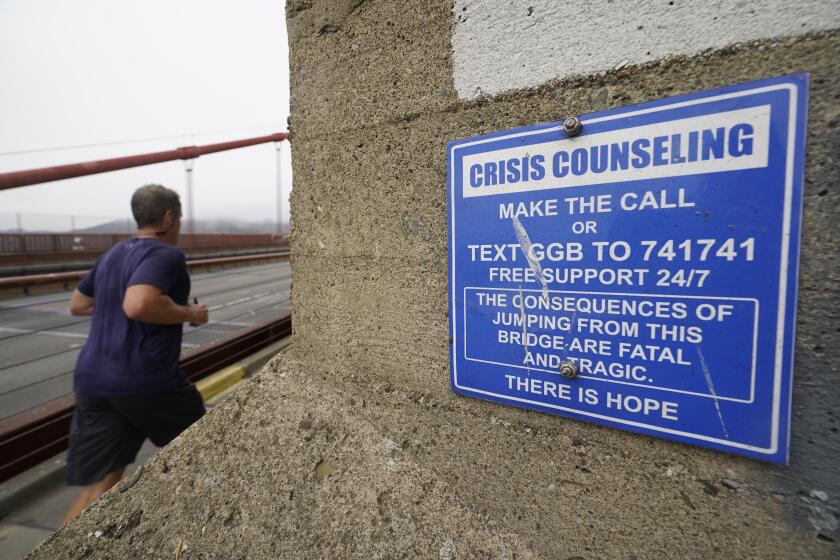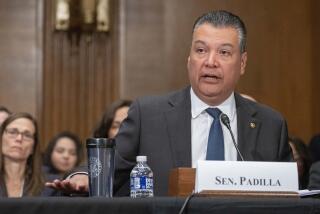National 988 mental health hotline back up after outage

WASHINGTON — The nation’s 988 hotline, intended to help anyone experiencing a mental health emergency, was back up and running Friday after a daylong outage.
The call service, which was launched in July, was restored shortly before midnight Thursday.
People experiencing a mental health crisis were still able to reach a mental health counselor by texting 988 or visiting 988lifeline.org to start a chat.
The government is investigating the hotline’s outage, Health and Human Services spokeswoman Sarah Lovenheim said in a tweet late Thursday night.
“While HHS and VA immediately acted to provide support to 988 callers via text, chat, and alternate numbers, the disruption of phone service was unacceptable, and HHS continues to investigate the root cause of the outage,” she tweeted, referencing the acronyms for the Health and Human Services Department and Veterans Affairs.
The 988 hotline is a national helpline staffed with mental health counselors around the country that’s designed to be as easy to remember as the emergency line, 911. Since its launch, the hotline has fielded roughly 8,000 phone calls a day from those seeking mental health help.
The new 988 number is meant as an alternative to 911. But how does it work? And is it safe to call?
The telecommunications company Intrado, based in Omaha, is the largest U.S. provider of e911 services, and provides back-end plumbing for emergency communication services like the 988 helpline.
The company did not return repeated requests for comment.
In a statement on Intrado’s website on Thursday, the company said it was “working as quickly as possible to resume full service.”
Suicide prevention and crisis response systems need more support.
The outage also hit the Substance Abuse and Mental Health Services Administration’s Disaster Distress Helpline at 1-800-662-4357.
Telecoms analyst Roger Entner of Recon Analytics said he didn’t think there was “anything malicious” in the outage.
“Stuff like this almost always happens when an upgrade goes wrong,” he said, adding: “They try to improve or fix something small and they break something big. That’s the most likely answer here.”
Associated Press writer Frank Bajak in Boston contributed to this report.
More to Read
Sign up for Essential California
The most important California stories and recommendations in your inbox every morning.
You may occasionally receive promotional content from the Los Angeles Times.












